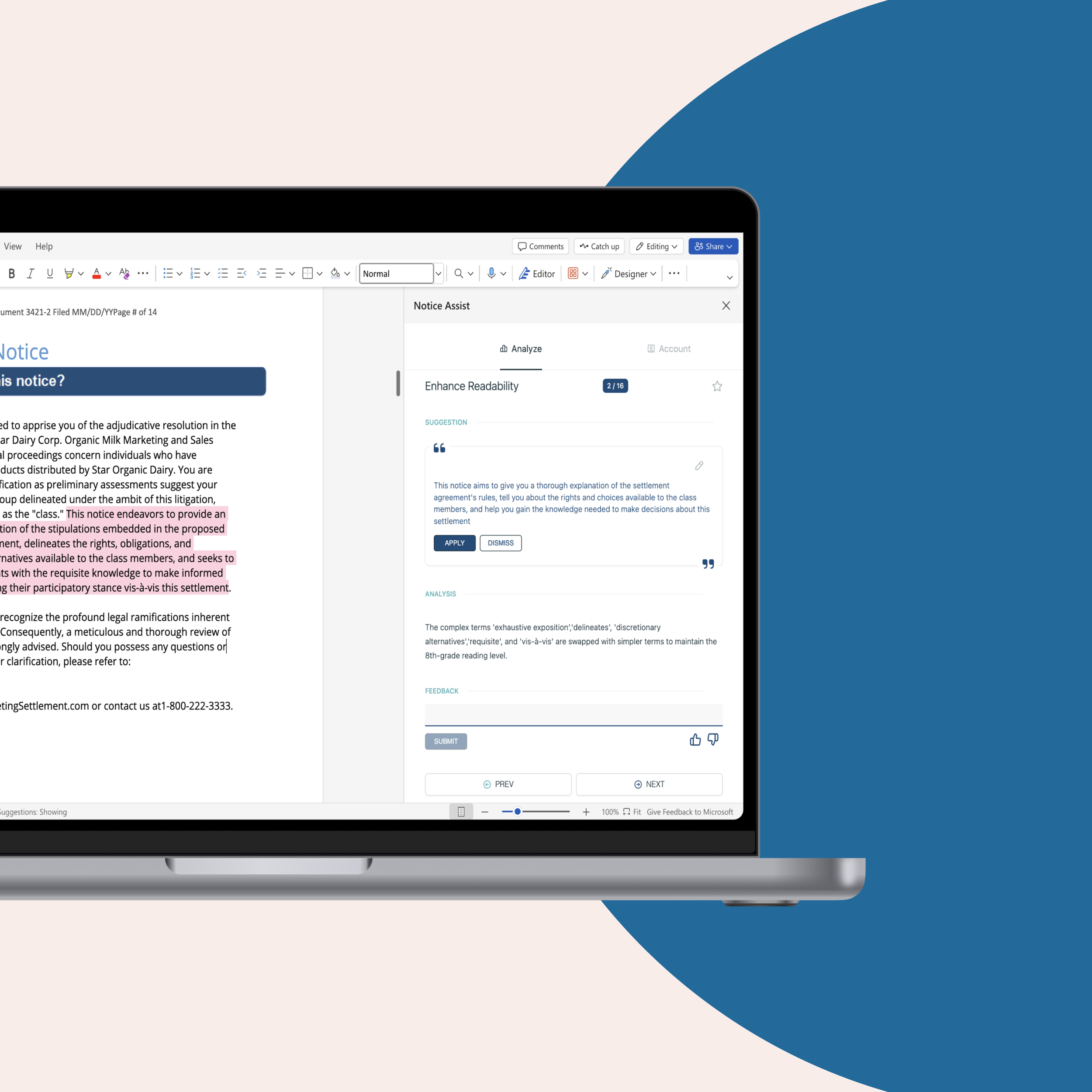Google Class Action a Potential Game-Changer in the UK
Lauren McGeever - Director, EPIQ Global
While class actions have had a long, storied history in the United States, they are relatively new to the United Kingdom. New legislation in the U.K. allows for antitrust class action claims to be brought, but thus far they have all been unsuccessful. Currently, there is no formal way to bring a consumer class action complaint. For the first time, a consumer class action has been filed in the U.K. against Google. It is with bated breath that both attorneys and barristers in the U.K. and U.S. wait to find out if it will meet court muster.
Google and the Data Protection Act
On November 29, 2017, a representative action was filed in the U.K. alleging that Google was tracking activity of Apple Safari users without their knowledge or consent. They were then aggregating this data and selling the information to advertisers for a substantial profit. This conduct is alleged to violate the Data Protection Act of 1998. The claimants are looking for damages for the infringement of their data protection rights, and for the commission of the wrong and loss of control over personal data.
Claimants bring this action under section 13(1) of the Data Protection Action, which allows for individuals to claim compensation for breaches of the Act:
An individual who suffers damage by reason of any contravention by a data controller of any of the requirements of this Act is entitled to compensation from the data controller for that damage.
UK Opt-Out Class Action
Unlike the other recent collective actions brought in the UK, this action was brought pursuant to the Civil Procedure Rules (“CPR”), as opposed to the Consumer Rights Act of 2015. CPR 19.6 is a 150-year-old provision only ever used a handful of times. This claim cannot be brought before the Competition Appeal Tribunal (CAT) because it is not a competition claim, however, claimants are asking for CAT rules to be used to administer the claim. Claimants are also asking for an opt-out class rather than opt-in since the statute of limitation ran in September and claimants can no longer bring their own claim.
Millions Affected in Potential Google Class Action
It is estimated that about 5.4 million people could have been affected by the Safari Workaround in the relevant nine-month period. The claimant class consists of all individuals who:
were present in England and Wales from June 1, 2011 to February 15, 2012;
had an Apple ID, owned or were in lawful possession of an iPhone;
used the Apple Safari browsers;
did not change the default security settings in Safari so as to accept Tracking and Collation; and,
are a resident of England or Wales at the date of issue.
In a past U.K. class action claim, class creation was denied because the courts did not think the methodology for calculating damages was reasonable or practicable. To avoid that problem, claimants in this case are asking that each claimant receives the same fixed damages award, which would be set by the court. Any individual who meets the class criteria and has not opted out will receive compensation if the case is won. If approved, this would be the first representative claim in the U.K. to see its day in court.
With so much at stake, this case will be closely followed and analyzed. Stay tuned for updates as the case progresses.
For more information on this topic, email Lauren McGeever, Director at Epiq Global











